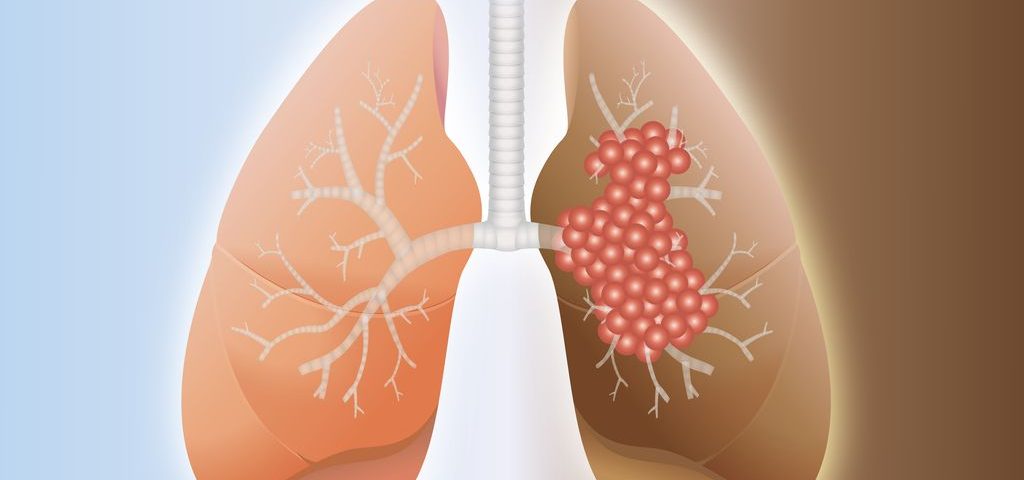First-line treatment with a combination of Opdivo (nivolumab) and low-dose Yervoy (ipilimumab) added to a shorter course of chemotherapy significantly extends the survival of people with advanced non-small cell lung cancer (NSCLC), compared to standard chemotherapy alone, early Phase 3 trial results show.
The CheckMate-9LA trial (NCT03215706) met its primary efficacy goal, or endpoint, with the combo leading to superior overall survival compared with chemotherapy alone. Safety was within the known profiles of the immunotherapy and chemotherapy components.
“We are excited by the CheckMate -9LA results, which demonstrate the potential of Opdivo plus low-dose Yervoy to provide a survival benefit to patients with non-small cell lung cancer in the first-line setting when administered concomitantly with a limited course of chemotherapy,” Fouad Namouni, MD, Bristol-Myers Squibb’s head of oncology development, said in a news release.
“These results build on the benefit the combination of Opdivo plus Yervoy has previously shown in first-line melanoma, renal cell carcinoma and most recently lung cancer, and may provide a new therapeutic option for patients,” he added.
Opdivo and Yervoy are two immune checkpoint inhibitors developed by Bristol-Myers Squibb. They harness the body’s immune response to fight cancer by blocking pathways activated by tumors that keep the immune system from finding and killing cancer cells. Opdivo blocks the PD-1 protein expressed by some cancer cells, whereas Yervoy targets the CTLA-4 protein found on T-cells (immune cells involved in fighting cancer).
Opdivo as a standalone therapy is approved for the treatment of several advanced or difficult-to-treat cancers, including advanced NSCLC, but only when patients have been previously treated.
However, the combination of Opdivo plus Yervoy is approved by the U.S. Food and Drug Administration and the European Commission as first-line therapy for certain advanced cancers of the skin and kidney.
CheckMate-9LA is an open-label Phase 3 trial currently ongoing at multiple sites worldwide, with the goal of evaluating if Opdivo plus Yervoy, combined with a reduced course of chemotherapy, is more effective than standard chemotherapy for treating patients with advanced (stage IV) NSCLC when given as first-line therapy.
Patients are treated regardless of cancer PD-L1 status (positive or negative) or histology (squamous or non-squamous).
Enrolled participants are randomly assigned to receive either vein injections (intravenous) of Opdivo (360 mg every three weeks) plus Yervoy (1 mg/kg every six weeks) combined with chemotherapy (two cycles), or chemotherapy alone (up to four cycles followed by optional maintenance therapy).
Patients receiving the combo were treated for up to two years or until disease worsening or intolerable toxicity.
The trial’s main efficacy measure is the overall survival of patients, which includes patients with or without disease progression. Secondary endpoints include survival without cancer worsening (progression-free survival), the proportion of patients responding to treatment, and efficacy measures based on surrogate biomarkers.
Bristol-Myers is completing a full analysis of the trial’s results and plans to share these data at an upcoming congress. The company also plans to meet with regulatory authorities.


